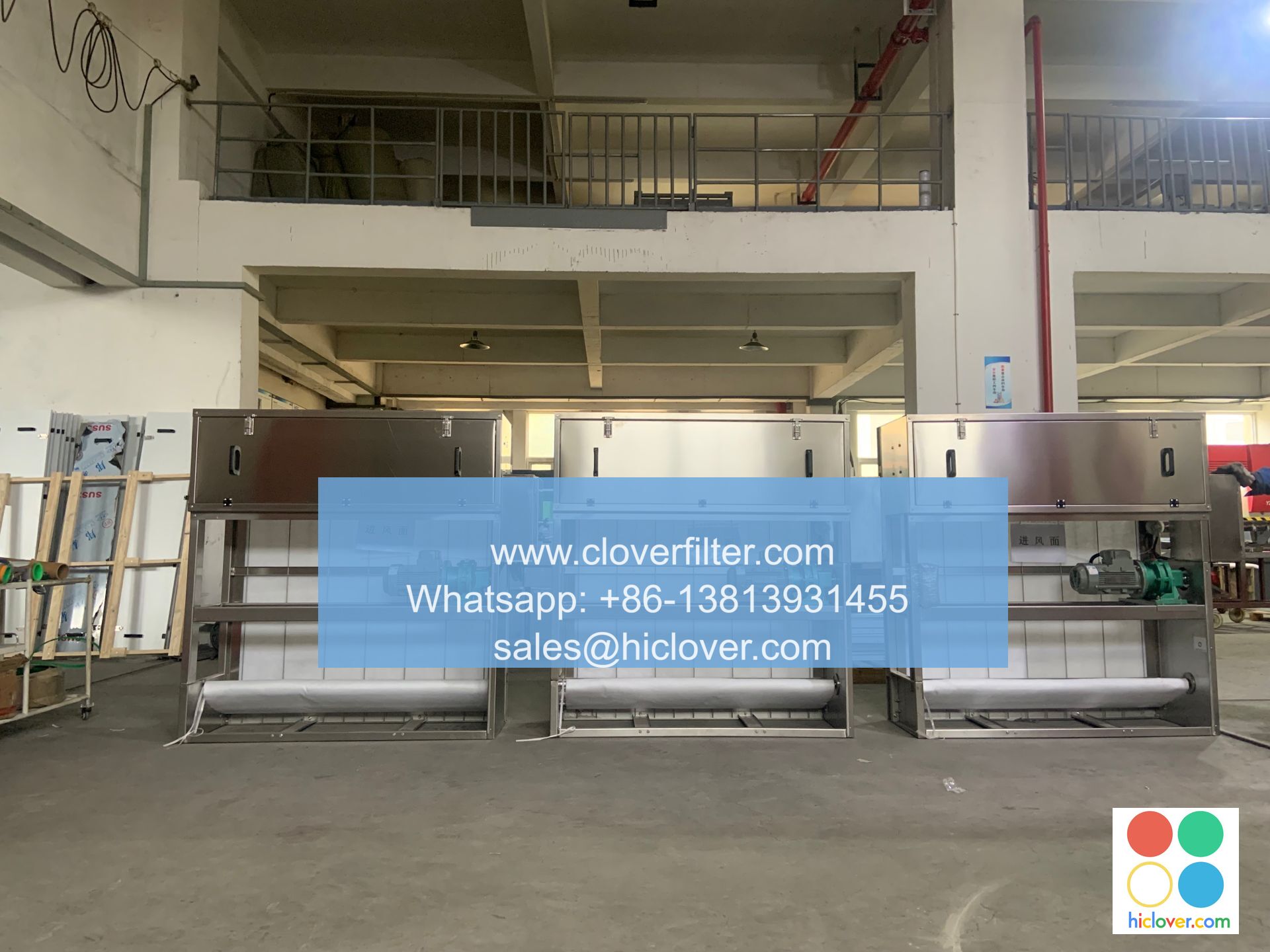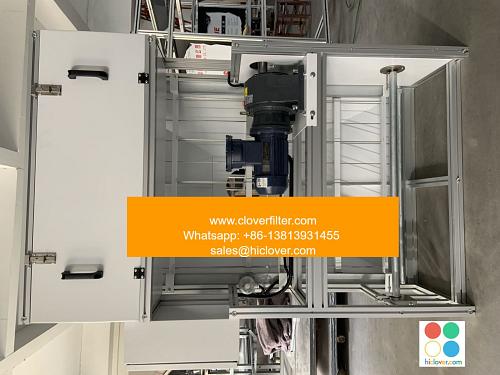Air Filter Regulations and International Cooperation: A Global Approach

The importance of air filter regulations cannot be overstated, as they play a crucial role in maintaining indoor air quality and outdoor air quality, which in turn has a significant impact on public health and environmental protection. With the increasing awareness of air pollution and its effects on human health and the environment, international cooperation has become essential in establishing and enforcing air filter standards and regulations. In this article, we will explore the current state of air filter regulations, the role of international cooperation, and the various application areas where these regulations are being implemented.
Current State of Air Filter Regulations
Air filter regulations vary by country, but most nations have established some form of air quality standards and emission regulations to control particulate matter, gaseous pollutants, and other air pollutants. For example, the United States Environmental Protection Agency (EPA) has set national ambient air quality standards for particulate matter, ozone, nitrogen dioxide, and other criteria pollutants. Similarly, the European Union has established air quality directives to limit emissions from industrial sources, vehicles, and other anthropogenic sources.
International Cooperation and Air Filter Regulations
International cooperation is essential for establishing and enforcing air filter regulations, as air pollution is a transboundary issue that affects not only local communities but also global health and environmental sustainability. Organizations such as the United Nations Environment Programme (UNEP) and the World Health Organization (WHO) play a crucial role in promoting international cooperation and knowledge sharing on air filter regulations and air quality management. For instance, the WHO has established air quality guidelines to provide a framework for countries to develop their own air quality standards and regulations.
Application Areas of Air Filter Regulations
Air filter regulations have various application areas, including:
* Industrial air filtration: Air filter regulations are essential for controlling emissions from industrial sources, such as power plants, chemical plants, and manufacturing facilities.
* Vehicle emissions control: Air filter regulations play a crucial role in controlling emissions from vehicles, including cars, trucks, and buses.
* Building ventilation: Air filter regulations are important for maintaining indoor air quality in buildings, including residential buildings, commercial buildings, and public buildings.
* Aerospace and defense: Air filter regulations are critical for controlling emissions from aerospace and defense applications, including aircraft and missile systems.
Conclusion
In conclusion, air filter regulations are a critical component of air quality management and environmental protection. International cooperation is essential for establishing and enforcing these regulations, as air pollution is a transboundary issue that affects not only local communities but also global health and environmental sustainability. By highlighting various application areas of air filter regulations, we can better understand the importance of these regulations and the need for continued international cooperation and knowledge sharing to address the global air pollution challenge. It seems like you’ve provided a prompt without any actual text or question. Could you please provide more context or clarify what you would like to discuss or ask? I’ll do my best to provide a helpful and informative response.

